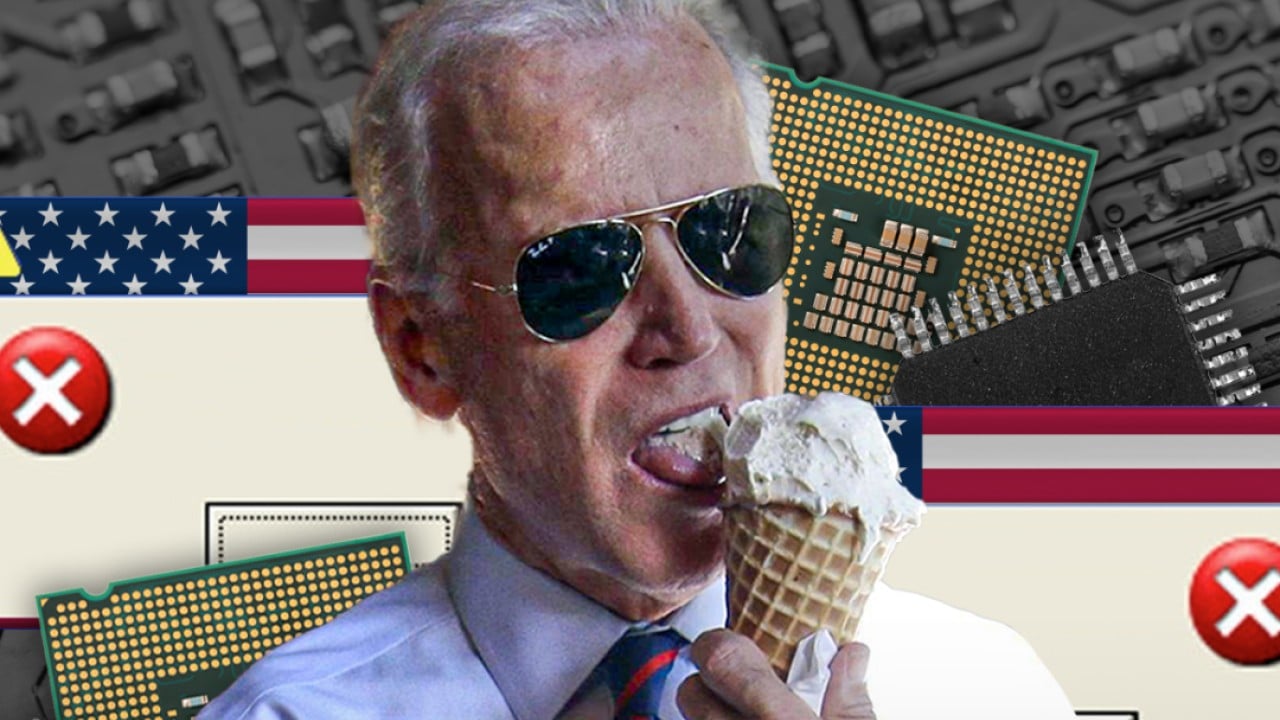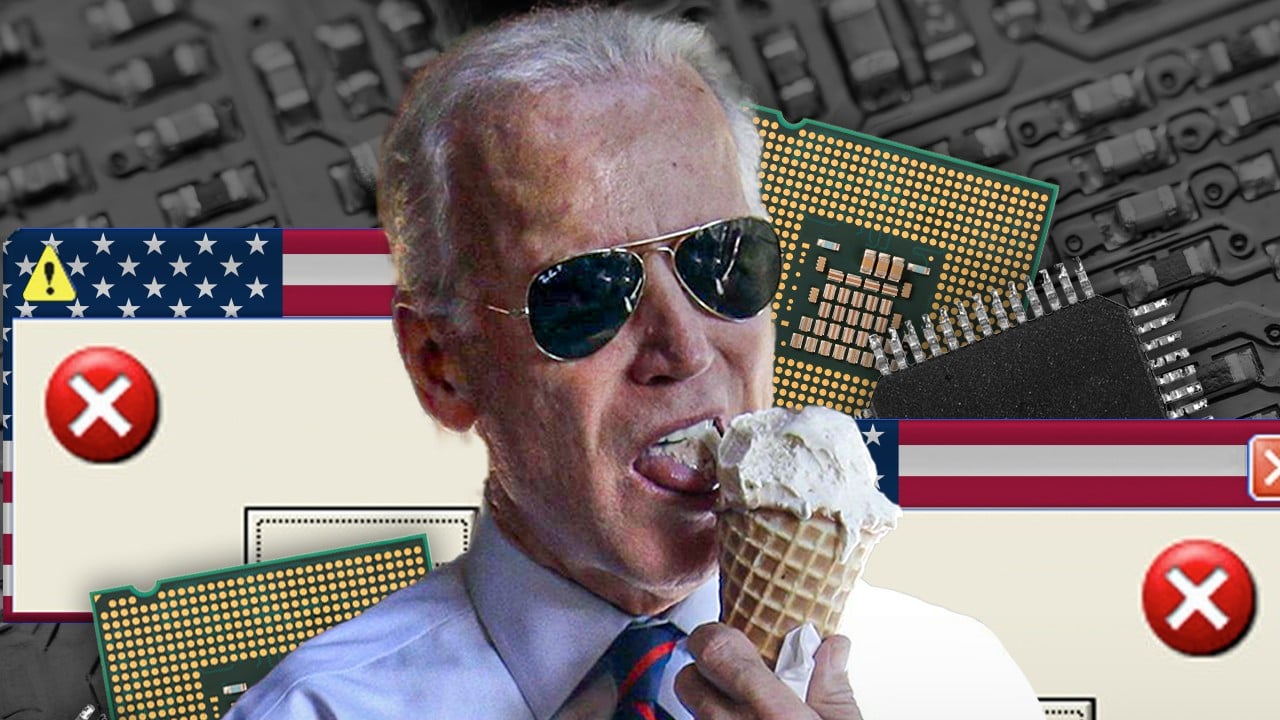The odds are very high but expectations are low for a China-US summit, Chinese observers said as the US president’s national security adviser prepared to touch down in Beijing.
Jake Sullivan will be in the Chinese capital from Tuesday until Thursday for talks with top Chinese diplomat Wang Yi on “areas of difference” such as Beijing’s alleged support for Russia’s defence industrial base, the South China Sea and Taiwan.
Sullivan’s trip is the first to China by a White House national security adviser in eight years and is widely seen as laying the groundwork for another summit between US President Joe Biden and his Chinese counterpart Xi Jinping.
Lu Xiang, a US-China relations specialist at the Chinese Academy of Social Sciences, said the possibility of Biden meeting Xi was “very high” and Sullivan was likely to raise the suggestion during his trip.
Lu said Biden might visit China after the US presidential election in November to add the American leader’s political legacy.
“If he does not come, he will be the only US president [in decades] who has never visited China. That would be a pity for him,” Lu said.
Biden made four trips to China as vice-president and senator, but has not been since his presidency started in early 2021. Jimmy Carter, who was in office from 1977 to 1981, was the last sitting US president not to make the trip. It has been almost seven years since a US president – Donald Trump – went to China.
Xi has been to the United States five times since becoming China’s leader, most recently 10 months ago when he went to California for talks with Biden.
The G20 summit in the Brazilian city Rio de Janeiro could be another chance for the men to meet but observers were sceptical about what the talks could achieve, given that Biden would be well into a lame-duck period.
Shi Yinhong, an international relations professor at Renmin University in Beijing, said Biden was finishing his term soon and unlikely to make any promises on behalf of the next US administration.
In any case, Shi added, more frequent exchanges between the Chinese and US governments had not stopped Washington from expanding and upgrading technology “containment” against China.
On the same day as Sullivan’s trip was announced, the Biden administration added dozens of Chinese entities and individuals to blacklists as part of sweeping sanctions package against Russia’s international supply chain.
“The increased frequency and numbers [of communication] can coexist with the continued or even intensified China-US competition and rivalry,” Shi said.
Analysts in China say regardless of who wins the US race, they do not expect any change in Washington’s strategy of competitive approach towards Beijing. The candidates from both parties are only expected to remain tough on China as the race enters the home stretch.
According to a senior US administration official, Sullivan will address “how we intend to manage the balance of this administration, how we intend to manage the transition” in his talks with Wang.
But he will not speak to what the next administration may do with China or how they intend to use the established channels of communication between the two countries.
Lu said the transition period in the US was “now extremely unstable and unpredictable” and was one of the most important issues for the talks with Sullivan.
“It is hoped that during the transition period, there will not be any major ups and downs in China-US relations and that the overall stabilising trend will be maintained,” he said, stressing the need to avoid new tensions in the South China Sea and the Taiwan Strait.
“If the US side were to provoke further, it could bring both sides into a crisis at any moment, which I believe would benefit no one.”
Shi said it was “impossible” to expect the two sides to do more than repeat their opposing positions and basic policies during the talks, given that China and the US had differences and competition in “most major areas”.
Still, he expected that China and the US would continue to prevent a military conflict between them and that Beijing would further clarify its policy on the war in Ukraine.



